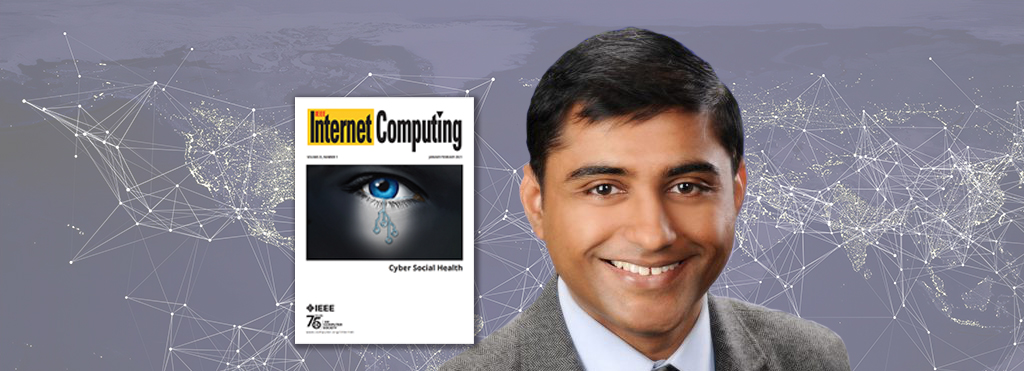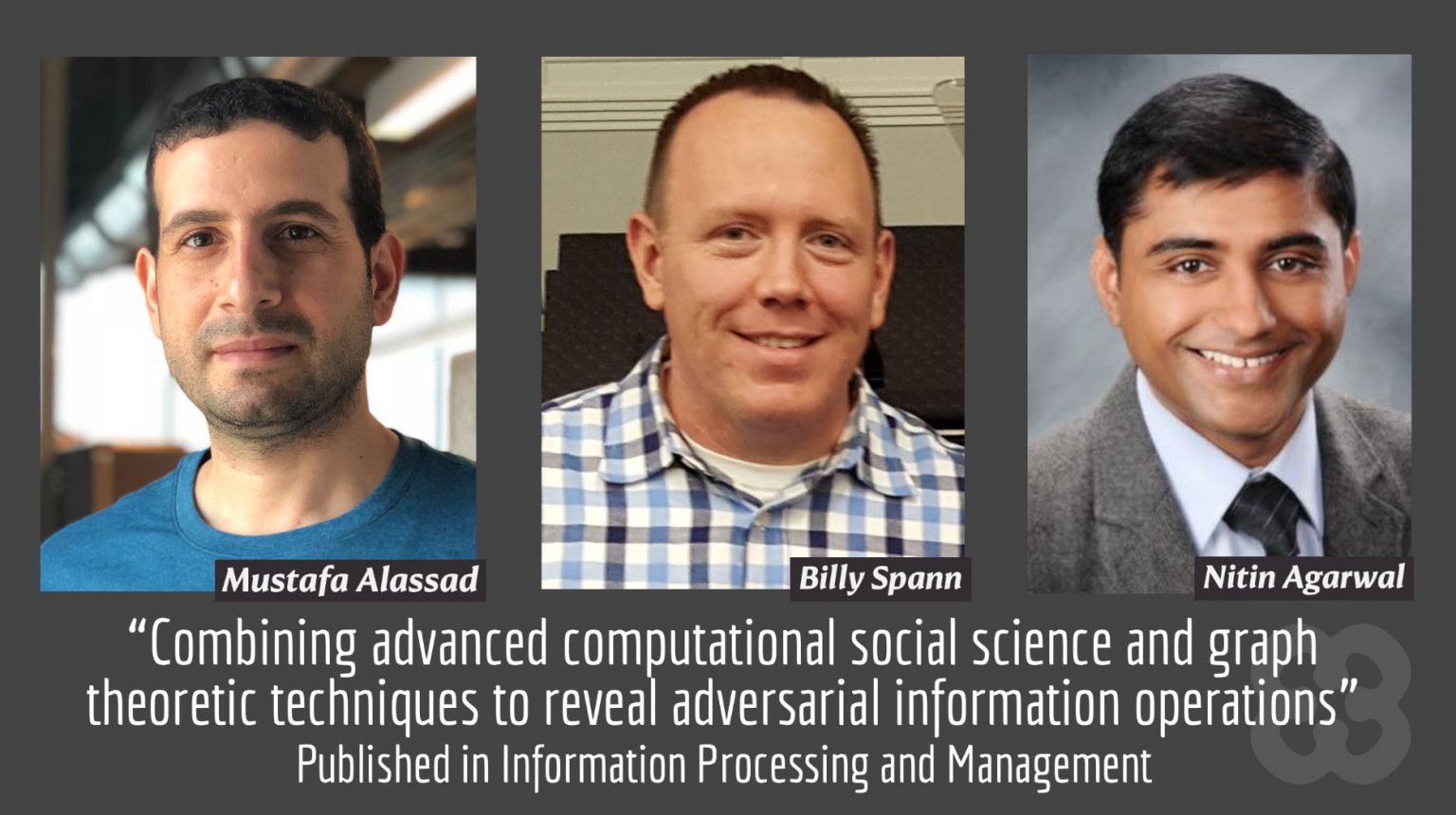Dr. Nitin Agarwal Receives $5 Million Grant to Combat Socio-Cognitive Threats
Dr. Nitin Agarwal, founding director of the Collaboration for Social Media and Online Behavioral Studies (COSMOS) Research Center at the University of Arkansas at Little Rock, has received $5 million from the Army Research Office to evaluate and defend against emerging cognitive threats. The Army Research Office is a directorate of the U.S. Army Combat Capabilities Development Command Army Research Laboratory. The two year project aims to identify research gaps in deviant socio-technical behaviors, shape an agenda focused on developing strategies that can counter emerging threats, and create tools for near real-time analysis of such threats. “Narratives on social media could be easily weaponized andRead More →



